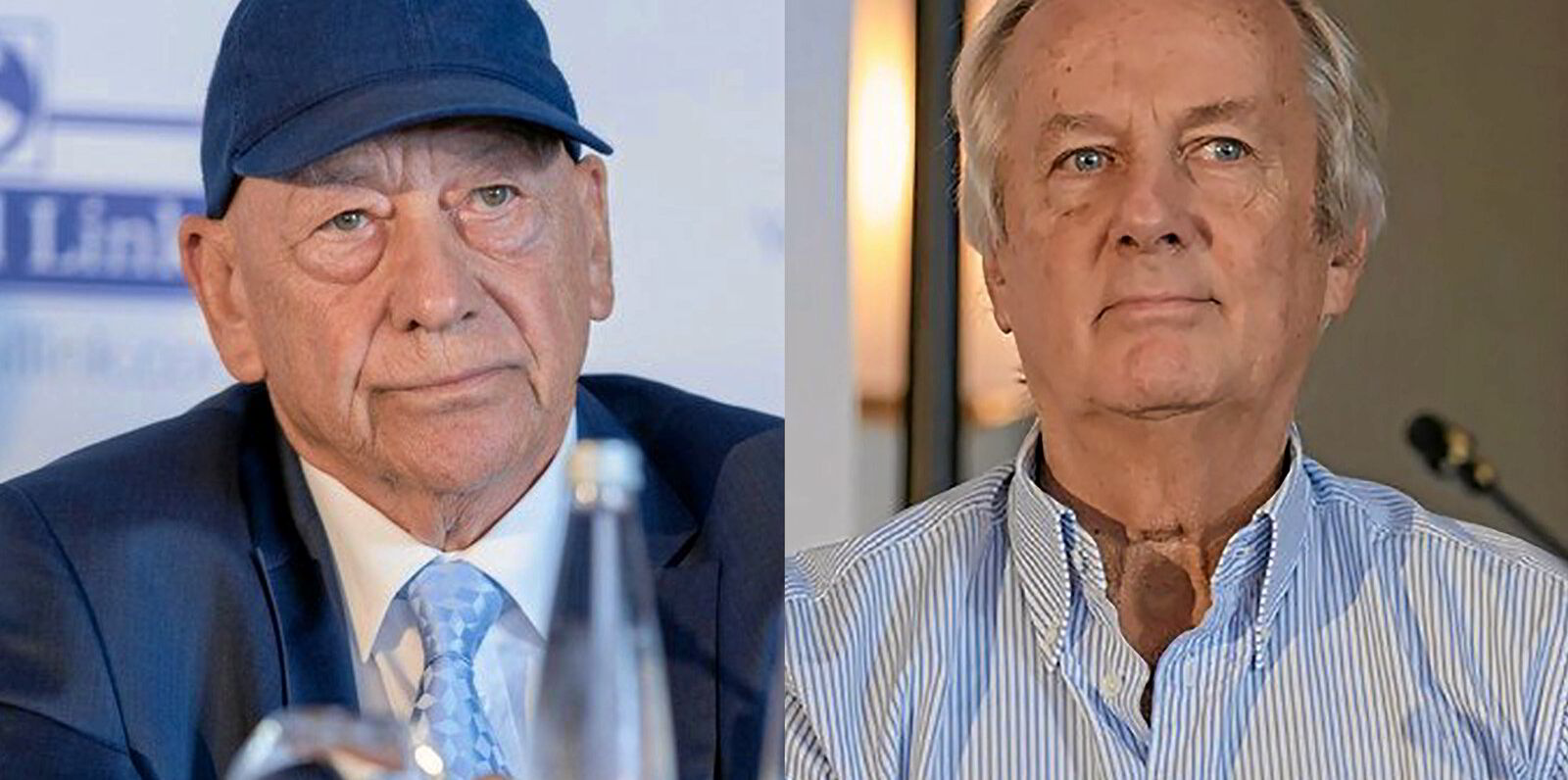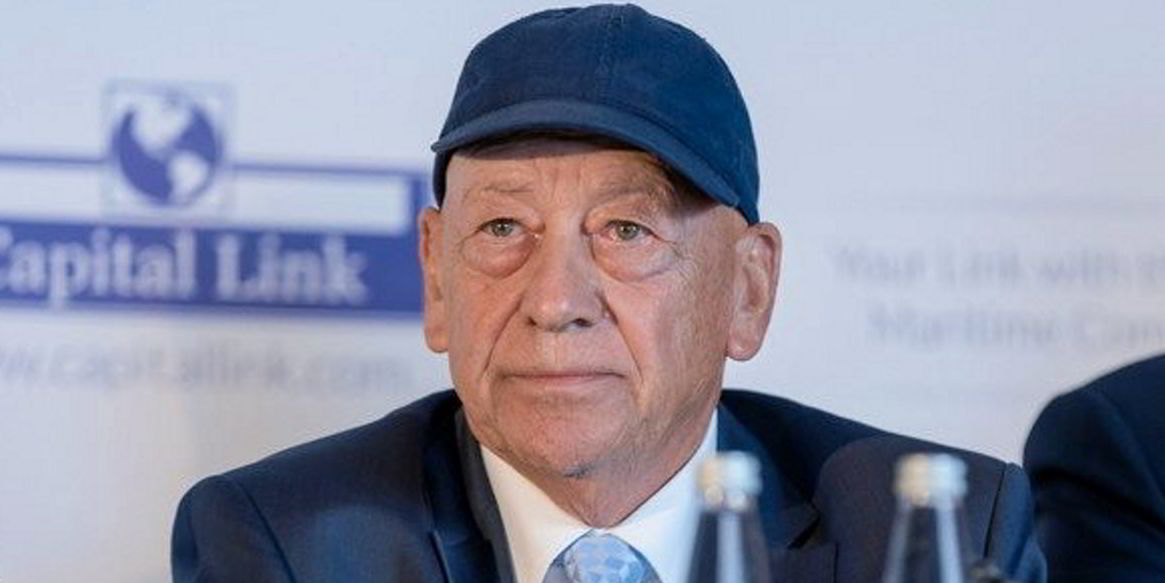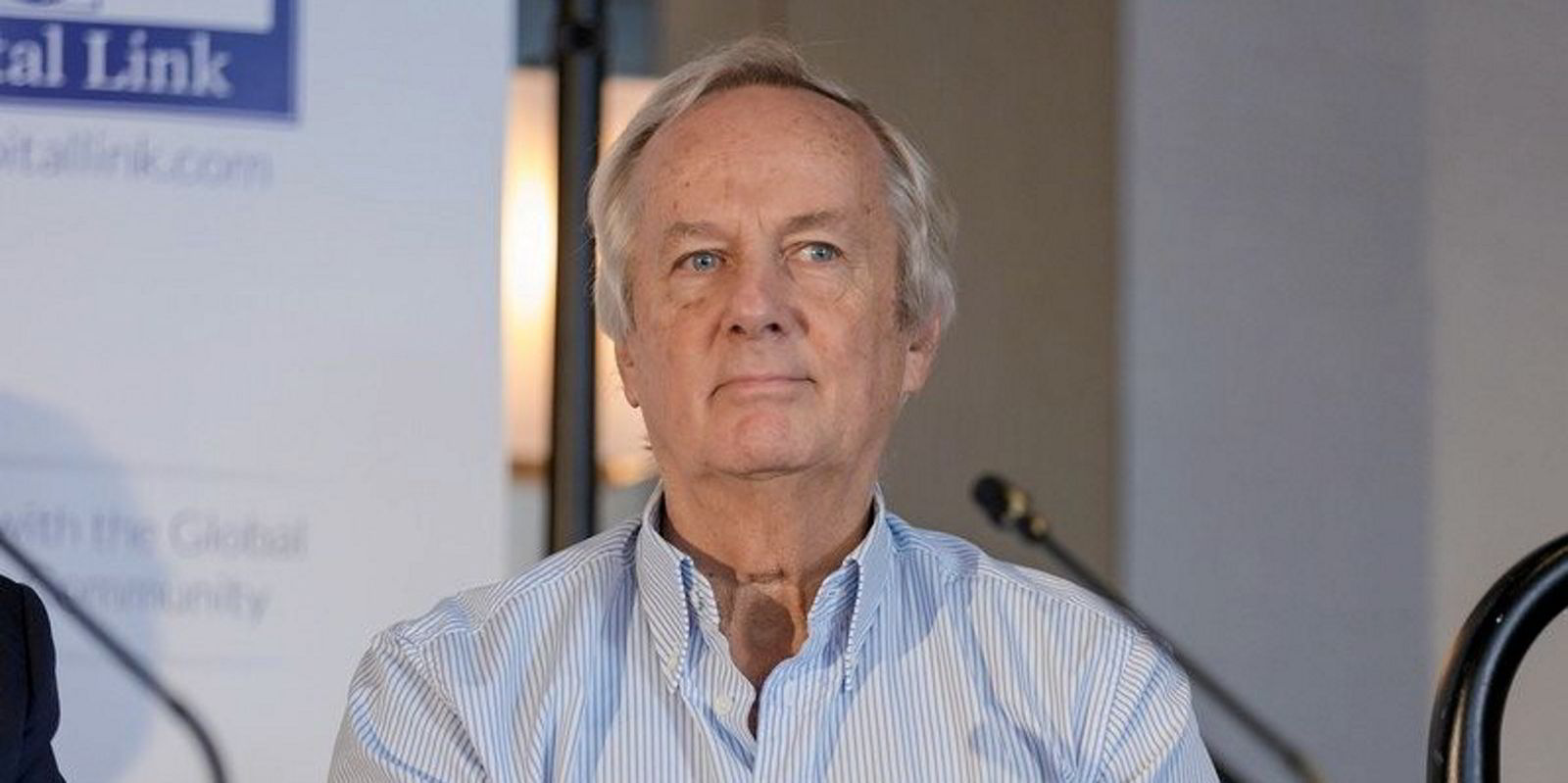Aggregate figures provided by Clarksons on Monday confirm the impression of Greeks taking a lead role in contracting newbuildings last year, particularly in tankers.
Hellenic players spent $18.1bn on orders in 2023 — 60% more than in the previous year and accounting for 16% of the total $115bn committed worldwide by owners to shipbuilding projects, according to estimates released by the UK brokerage on Monday.
Clarksons tied Greek owners to 267 newbuildings with a carrying capacity of 26.6m dwt in 2023. That is the highest reading since 2013 when Greek ordering hit 388 ships, or 32.4m dwt.
The figures are in line with running coverage by TradeWinds throughout last year, which showed more than 40 Greek companies piling into Chinese, South Korean and Japanese yards for new business.
Two among them were particularly conspicuous: George Procopiou and George Economou, who were tied to 70 tanker and bulker newbuilding orders between them in 2023 alone.
This has propelled the total estimated value of their outstanding newbuilding investments — including those placed before 2023 — to close to $10bn, according to VesselsValue.
Angeliki Frangou, Evangelos Marinakis and Leon Patitsas were also busy, ordering about 30 tankers and gas carriers between them last year.
Several of these owners have been outspoken about the motivation that has led them to embark on their extensive newbuilding programmes.
Citing lingering uncertainty about the commercial and technical maturity of advanced, low-carbon designs, players such as Procopiou felt they could no longer wait to renew their fleets and opted for latest-design, fuel-efficient, conventionally fuelled vessels instead.
“We ordered a huge number of vessels that are by 35% to 40% better in consumption,” Procopiou said in October during a conference in Cyprus, before famously adding: “These are the real steps — the rest is just bullsh*t.”
Other shipowners, like Patitsas, have been arguing that new geopolitical circumstances and energy security concerns have begun to trump green transition concerns.
Only a small part of Greek tanker and bulker ordering concerns dual-fuel vessels. Alternative fuels, by contrast, played a much bigger role in global newbuilding activity, accounting for half of total orders in gross tonnage terms last year, according to Clarksons.
Tankers have attracted the biggest part of recent Greek newbuilding activity, with 15m dwt out of the 26.6m dwt that Hellenes ordered.
Soaring Greek newbuilding investment is in stark contrast to contractions by other traditional shipping nations.
Japanese players, who were the second-biggest contractors of newbuildings last year, saw their investment decline by 11% from 2022 to $16.3bn.
Orders by Chinese shipowners dropped even more, by 34% to $15.8bn.
As a result of this divergence, European owners overtook Asians for the first time since 2018 in terms of committed investment — $53.6bn versus $45.6bn.
Despite their busy ordering, Greeks’ newbuilding activity has room to grow even further. According to Clarksons analyst Stephen Gordon, the total Greek orderbook currently accounts for just 10% of their total fleet, which is below the global trend.
Chinese yards dominate
China benefited most from increased newbuilding activity, which rose globally by 7% in dwt terms last year to 268.3m dwt.
Chinese shipyards accounted for about 60% of contracted tonnage in cgt terms in 2023, up from 51% in 2022, according to the Clarksons figures.
Their dominance is also evident in shipbuilding output for orders placed before 2023.
For the first time, Chinese shipyards accounted for 50% of total deliveries last year. South Korea had 26% and Japan 14%.
South Korean yards have faced headwinds from labour shortages and higher material costs, which pushed up prices beyond those of their Chinese rivals.
Yards in South Korea, however, remain overwhelmingly dominant in the construction of LNG ships, with which they are stuffed after record order hauls in the past few years that pushed out available delivery slots.
Lucy Hine contributed to this story





